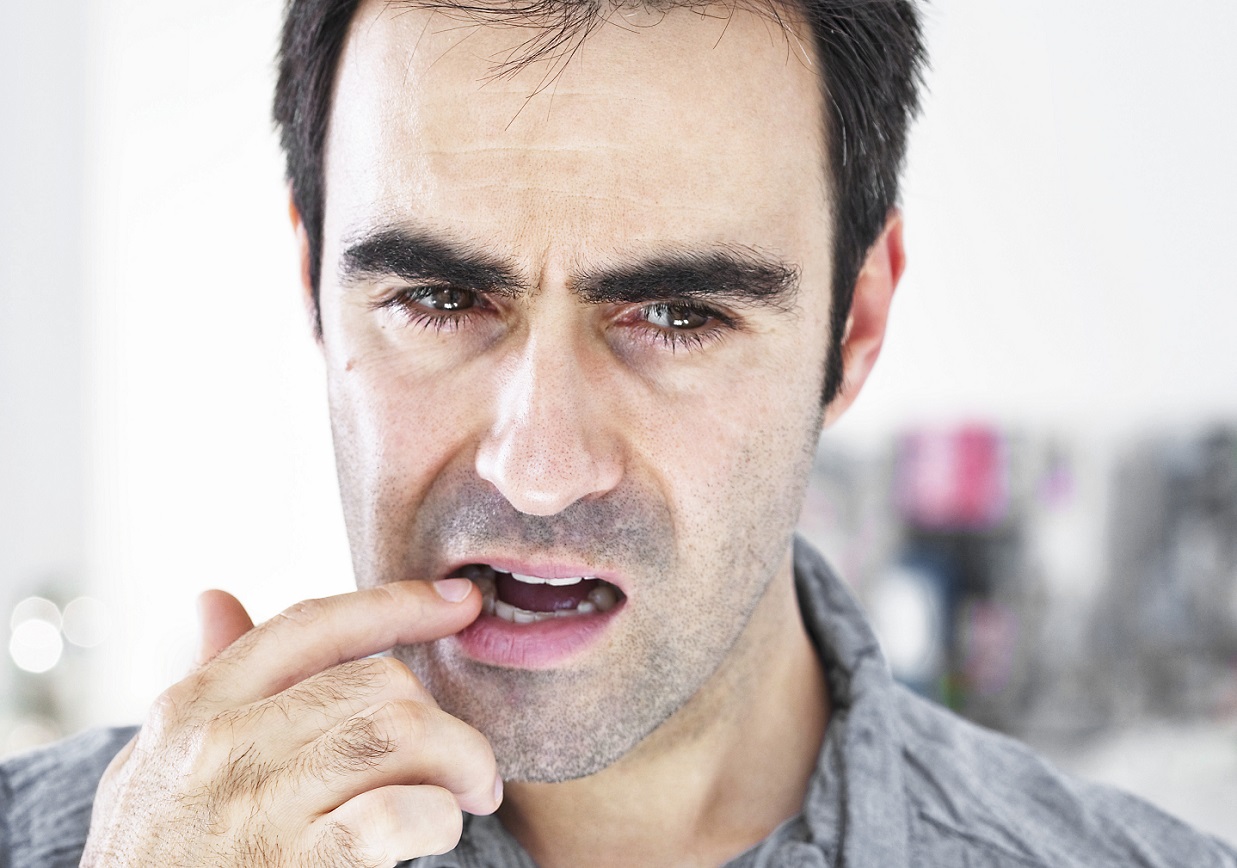
Bruxism is a chronic dental condition that involves constantly grinding your teeth together. Though it can sometimes be confused with occasional teeth-grinding, the action caused by bruxism is more intense, more consistent, and more hazardous to your long-term oral health. Today, we take a look at a few things you should know if you grind your teeth incessantly, and what having bruxism could mean for your smile if you don’t address it promptly.
The cause could be complex
Some of the more common oral health concerns that you might experience, such as tooth decay or gum disease, can have very direct causes. Namely, some of the harmful oral bacteria that make up plaque and tartar can erode your tooth structure or infect your gum tissues, causing tooth decay and gum disease, respectively. However, when you develop a condition like bruxism, the specific causes and underlying factors can be unique for everyone. Many of these factors can only be addressed or corrected with professional help from your dentist, and it’s important to realize that this means you may not be able to protect your teeth on your own.
The damage can be severe
Because bruxism means constantly grinding your teeth, the damage that your teeth can experience because of it can become severe faster than you realize it. At first, your teeth may feel slightly sensitive due to repeatedly rubbing against each other all day and night. This can become more severe discomfort as the damage grows more severe, and over time, the changing shape of your teeth’s chewing surfaces can throw your bite off balance. An imbalanced bite can exacerbate your bruxism, making the condition more hazardous to your smile and raising your risks of damaging your teeth more severely.
It could impact your bite function
The more you grind your teeth without realizing it, the more it can impact your oral health beyond your teeth’s structures. For example, it takes a considerable amount of force to bite down, and when you aren’t in control of it, your jaw joints and muscles might exert most or all of that force every time you grind your teeth together. This not only damages your teeth, but also puts your jaw joints and muscles under incredible strain, which could lead to even more complications and greater discomfort in the form of TMJ disorder.
Learn more about bruxism
If you experience chronic teeth-grinding, it may be a sign of serious bruxism problem, and you could require customized treatment for it to protect your teeth. To learn more, schedule a consultation with us by calling the office of Dr. Stuart Dexter in Prairie Village, KS, today at 913-362-8200.

